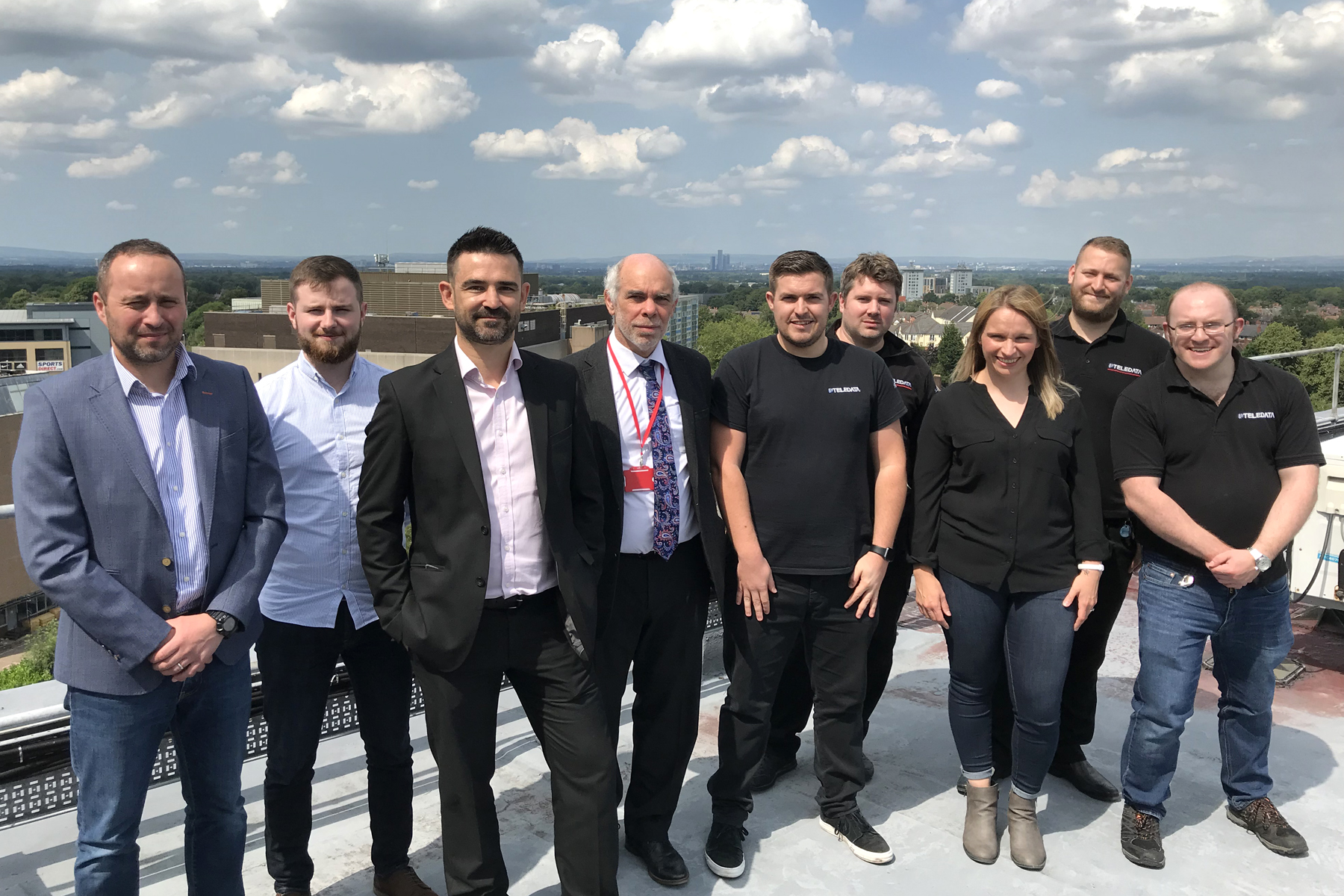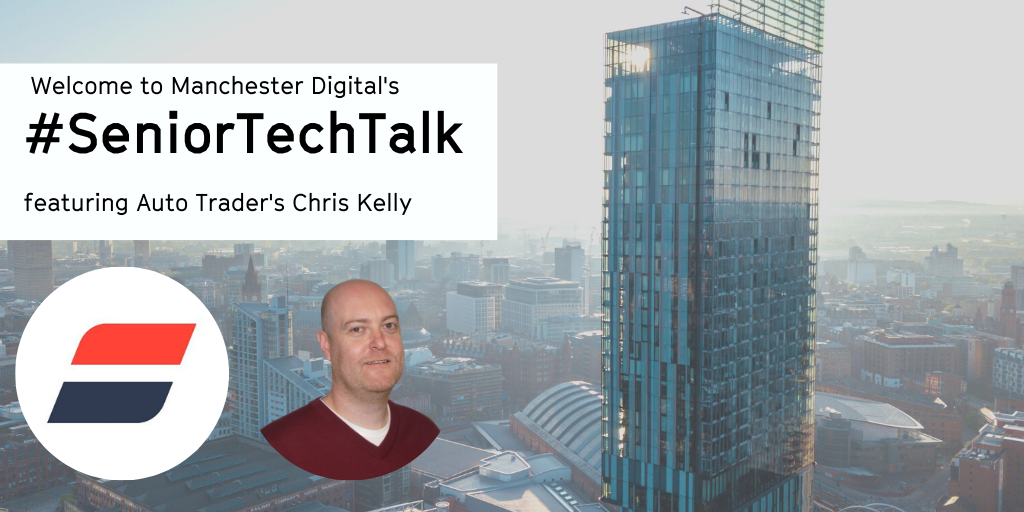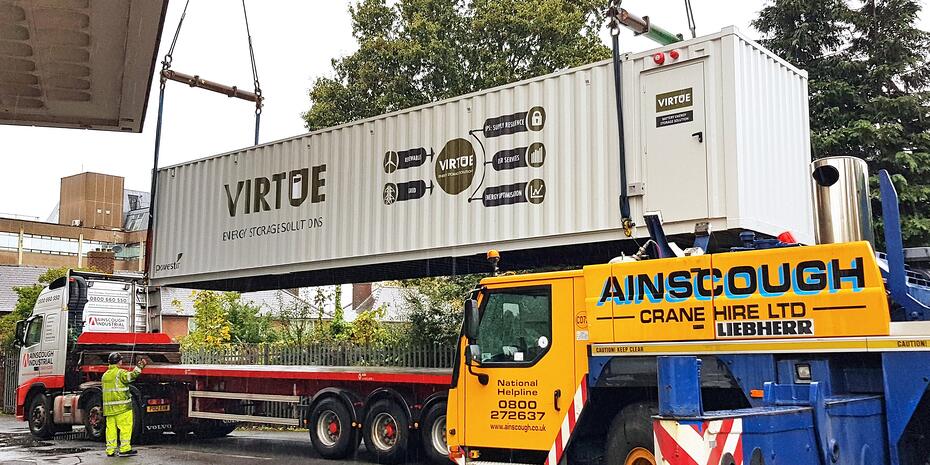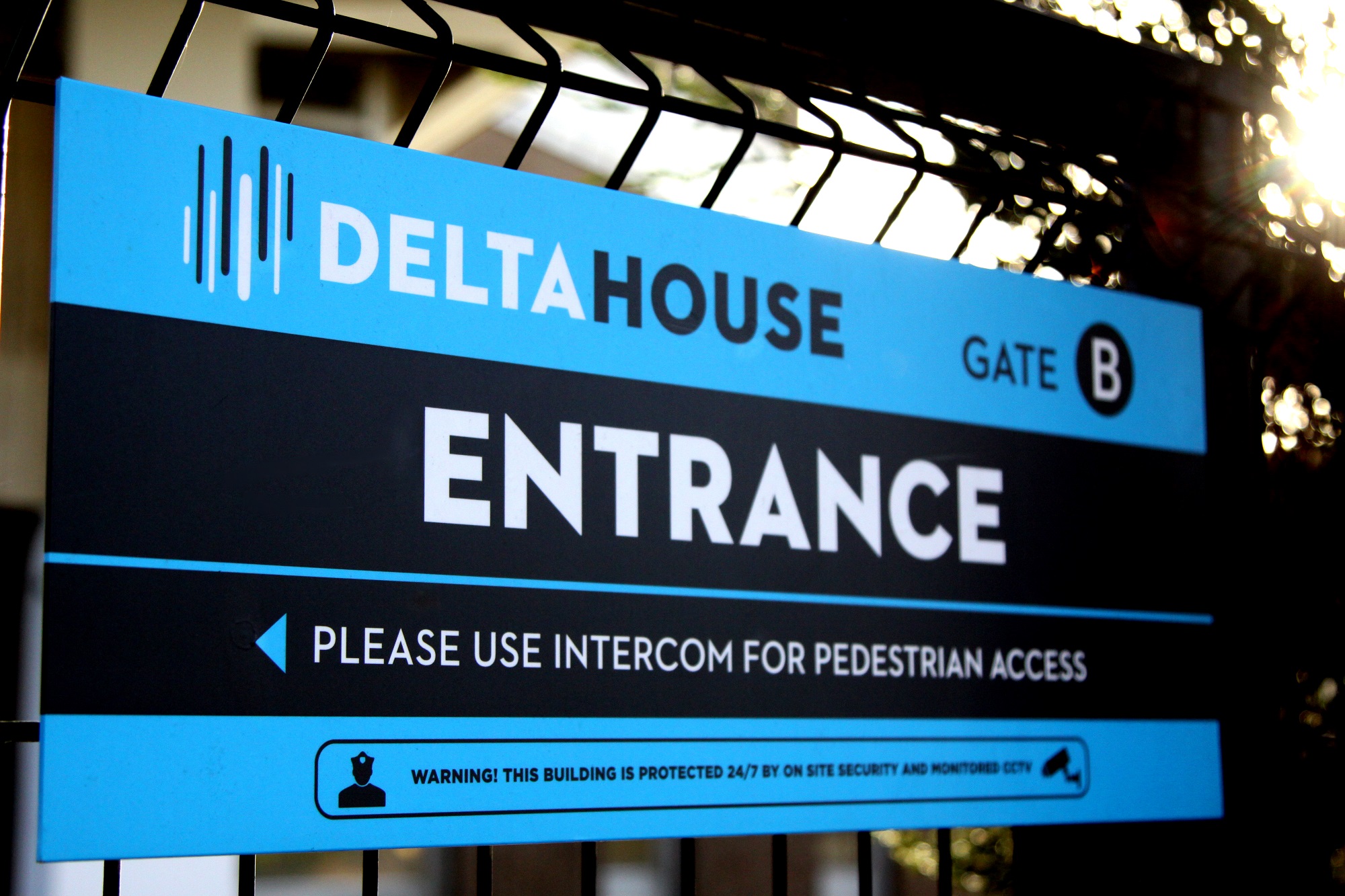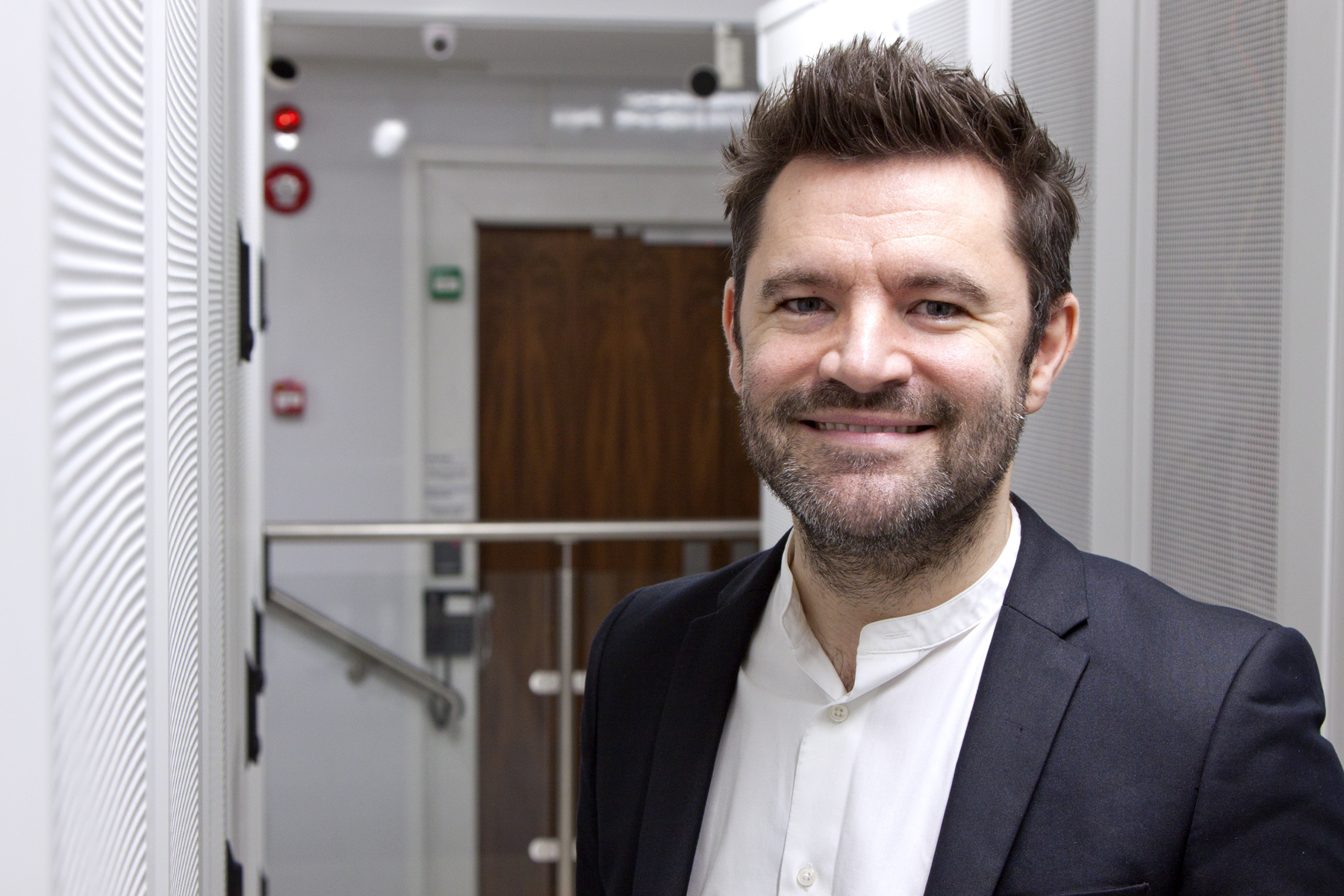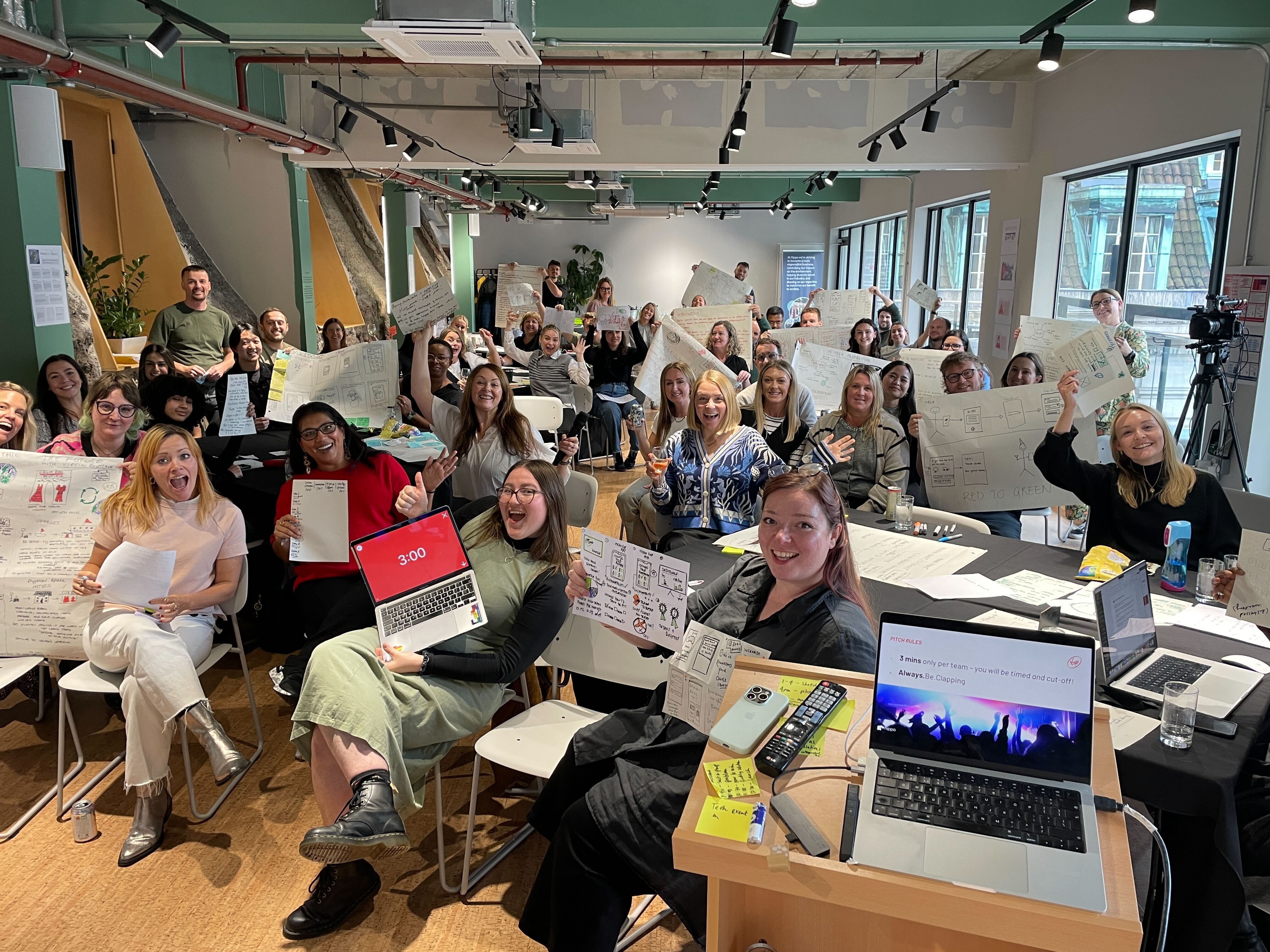
“An idea from one person sparked this sustainability hackathon. It wasn’t someone working in sustainability, which shows how one person’s idea, when brought into the business, can have a far-reaching impact.” – Darshana Myronidis, Group Director of Sustainability, Virgin
Last year, Chris Harper, Head of Programme Delivery at Virgin Red was invited to a sustainability-themed hack at Hippo’s Leeds office. As the day progressed, something struck a chord with him – though Chris had spent many years working in digital technologies, he’d never fully realised the environmental impact they had.
After witnessing the Hippo team’s leadership in user-centred design and evidence-based approaches to creating sustainable solutions, Chris saw it as an ideal partnership opportunity for Virgin Red, particularly following the success of our previous hackathons.
Like Virgin, Hippo is dedicated to reducing its environmental impact, so we were excited to team up with Virgin Red and other teams from the wider Virgin Group, including Virgin Trains Ticketing, for a Sustainability Hack Day. The event brought together brilliant minds from across various organisational functions to harness creativity and collaboration to design for sustainability.
The mission for the day? To design solutions that would empower Virgin Red to align with Virgin Group’s sustainability aims – net zero by 2050 for the majority of Virgin companies.
Setting the stage for sustainability
Sustainability is no longer a buzzword. It plays a crucial role in business and the world. The event began by emphasising this point. Chris himself said:
“Although I’ve worked in the digital space for a long time, I never truly recognized its significant environmental impact. But the reality is, it does have an impact, and it’s crucial we recognise this and take steps to address it.”
Amy Wagner, Delivery Principal at Hippo and the Virgin Sustainability team shed light on the growing environmental impact of the digital world and the travel and leisure industries – sectors central to Virgin’s operations. The tourism industry contributes to around 8% of carbon emissions in the world, with 2% of global CO2 emissions coming from aviation. Some sources suggest that digital technologies account for the same, if not double aviation CO2 emissions.
Amy emphasised the importance of integrating sustainability into service design, and the team highlighted Virgin’s commitment to leading the charge in “business for good” initiatives.
Ernestina Potts, Virgin’s Director of Purpose & Vision, explained how Virgin aims to build a positive impact on the world across three key areas: thriving communities, flourishing people, and a healthy planet for all. This holistic approach to sustainability provided a comprehensive framework for participants to consider as they developed their ideas.
Darshana Myronidis, outlined Virgin’s sustainability goals in line with their purpose-driven business approach:
“At Virgin, we live our purpose, which is changing business for good. Within our purpose, our ambition is to have a positive impact on the world, across thriving communities, flourishing people, and a healthy planet for all.
For us, it’s not only important to take the right steps and make the right decisions, but also to disrupt and start to envelop the rest of the corporate world and people around us to lead with a positive impact.”
Ideation with impact
The challenge was clear, develop innovative solutions to reduce Virgin Red’s carbon footprint while empowering users to make sustainable choices and rewarding behaviours that made a positive difference. Participants began generating solutions in diverse teams, focusing on user-centred design methods to help break down problems and unpack cause and potential effect.
The hackathon wasn’t just about developing new ideas. Three of the winning concepts would be given the opportunity to pitch again to Virgin, potentially becoming a reality and being integrated into the Virgin Points system.
Virgin Red as an enabler of sustainability
Participants were encouraged to think about how Virgin Red could be used as an enabler of sustainability. This meant considering the direct impact of its operations and how the platform could influence customer behaviour and decisions. This approach aimed to position Virgin Red as an amplifier for positive change, using its points system to truly change business for good.
Teams were challenged to think beyond the immediate customer interaction, a target audience they would call “Max” who would represent 80% of Virgin’s customer base. Max was the end-user of the product, but there was another persona to consider – Mother Earth, our planet. Teams were encouraged to include a persona of our planet in their designs, thinking about what Mother Earth would think of their idea, how she would react to it, and the potential costs to her of implementation. This was a more engaging way of thinking about how sustainability ties into the product journey.
Pitching for change
The culmination of the day saw each team presenting their solutions in a rapid-fire two-minute pitch session. Nine pitches were made, all with their unique take on how to empower the user to make more sustainable choices whilst not distracting from the Virgin Red reward experience.
One team by the name of ‘Virgin Reef’, pitched an idea to incentivise and encourage more mindful and purposeful social media use while supporting initiatives that could help reduce environmental impact. This would be achieved by offering users points for spending less time on social media apps and using those points to contribute to environmental initiatives, such as coral planting foundations.
Another pitch, by a team called ‘Purpose for Points’ presented the idea of incentivising sustainable choices by rewarding users with points for making eco-friendly decisions. This would be achieved through a program that allows users to earn points for various sustainable actions and then redeem those points for sustainable experiences or products.
Each of the 9 pitches took into account the need for users to have seamless digital experiences for using their Virgin Points, whilst also allowing the user to make sustainable choices in a way that felt rewarding.
Small ideas, big results
“The amazing work that Virgin Atlantic and lots of collaborators across Virgin have been involved in is pioneering new ways of looking at sustainable fuel. That was a big challenge that started with an idea… only 18 months ago you could turn on the radio and hear about a sustainable fuel flight from Reading to London. And now, we’ve crossed the Atlantic.” – Ernestina Potts, Director of Purpose & Vision at Virgin
After a series of engaging pitches and a short break, the judges returned to the room to announce the results. Attendees were given the opportunity to vote for the People’s Choice Award. Virgin Reef, the most popular presentation, won this accolade and received a sustainable goodie bag and a £100 donation to their chosen charity.
Darshana then announced the three teams selected to pitch their ideas directly to Virgin. These were Virgin Reef, Purpose for Points and Magic Table 8. Magic Table 8 had earlier proposed a comprehensive plan to transform Virgin Red into a sustainability-focused platform. This included developing a sustainability assessment framework for partners; expanding charity options; promoting sustainable startups; offering personalised rewards for eco-friendly choices; and providing educational resources and tracking tools. Through these changes, Virgin Red could empower members to make more sustainable decisions and contribute to a greener future.
Beyond the hack day: A ripple effect for change
The collaborative spirit and the innovative ideas generated serve as a powerful reminder that sustainability is a team effort. By working together, thinking creatively, and tackling complex challenges head-on, we can create a greener future for all.
The impact of this hack day extends far beyond the event itself. These days plant the seeds for long-term change, equipping participants with the knowledge and confidence to integrate sustainability into their daily lives and work.
The day’s success demonstrates the immense potential of collaboration in driving sustainability. By continuing to work together, we can create a greener future for all.
